
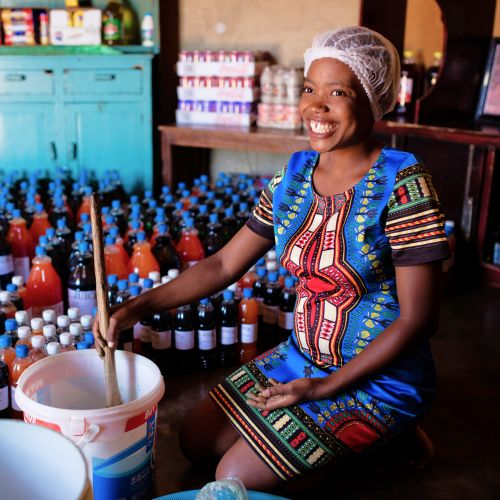
Gender Equality:
Why it matters and how to achieve it
Kiva is dedicated to advancing gender-forward financial access for 500,000 women by 2025, as part of our commitment announced at the Clinton Global Initiative.
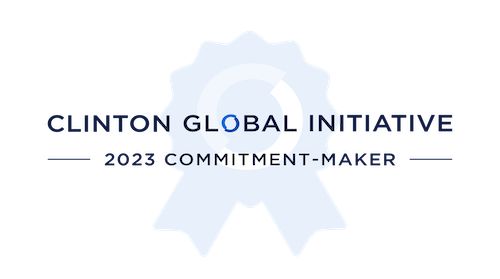
What’s the difference between gender equality and gender equity?
What is gender equality?
Gender equality means giving people equal access to rights and opportunities, regardless of their gender identity or expression.
What is gender equity?
Gender equity means allocating resources based on the needs of individuals (rather than to everyone equally) without gender bias or discrimination.
At Kiva, we believe in gender equity not only for women, but for people of all gender identities and expressions — transgender, nonbinary, genderqueer, gender non-conforming, questioning, transitioning, and more — inclusive of all people. We recognize that expanding access to resources equally is not enough to fix the inequalities faced by people who have been historically and socially denied access to opportunities on the basis of gender. Kiva advocates for gender equity as a vehicle for achieving greater gender equality worldwide, with over 80% of our loans going to women.
Gender inequality creates barriers to women’s economic empowerment.
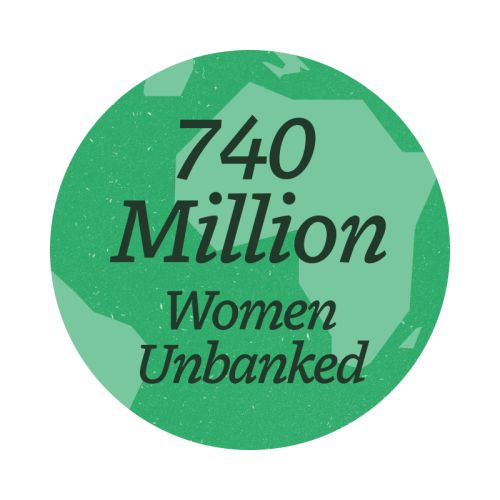
More than 50% of all unbanked people worldwide are women — with little to no access to financial services.
Even though research shows that women are more likely to invest their earnings in ways that have a long-term impact on their families and communities, an overwhelming number still lack the economic agency to do so.
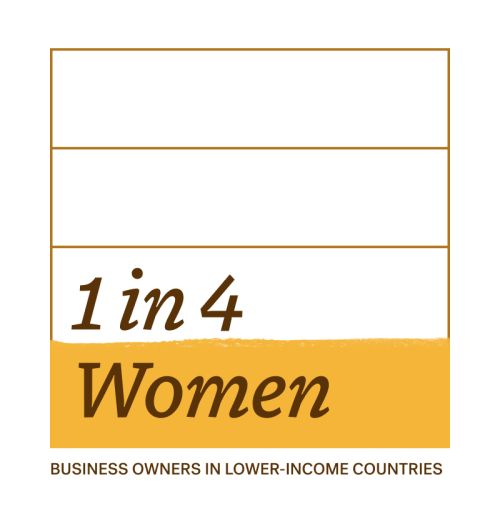
In lower-income countries, only 1 in 4 businesses are owned by women.
Because so many women entrepreneurs are excluded from accessing loans or savings accounts, it is difficult to start a business, pursue higher education, or improve one’s livelihood.
Women in financially-underserved communities, especially in rural areas, face a number of barriers to accessing traditional banking services, such as:
Lack of capital
Lack of business and vocational skills
Lack of required official documentation
Geographical location
Ineligible marital status
Cultural norms
So, how do we achieve greater gender equality?
Gender equity allows us to level the playing field.
Creating a world where gender equality is the norm begins with helping those who are systematically disadvantaged. Because women around the world have historically been denied access to the same opportunities as men, improving their economic and social circumstances is essential to tipping the scales toward greater gender equality. With access to resources, women can become financially stable, resilient, and self-reliant, allowing them to better support and protect themselves and their families from abuse, violence, and financial dependence. Equitable access to financial resources also opens myriad opportunities that were previously unavailable to many women, such as:
Higher levels of education
Banking and capital
Employment opportunities
Positions of leadership and governance
Financial inclusion is fundamental for gender equality.
When women succeed, the whole world is better for it. And, when women gain access to resources that help them earn, save, and control their own money, they are able to inspire and uplift their communities, economies, and other women and girls around them.
Kiva strives for gender equity by providing access to loans and financial education for underbanked and financially excluded individuals worldwide. When women are excluded from traditional financial services, Kiva loans provide the means for them to build or grow their own businesses, access higher education, and invest in themselves, their families, and their communities.
Kiva’s impact on gender equality
Removing barriers to finance is key to achieving gender equity. That’s why Kiva loans are a powerful vehicle for women’s empowerment.
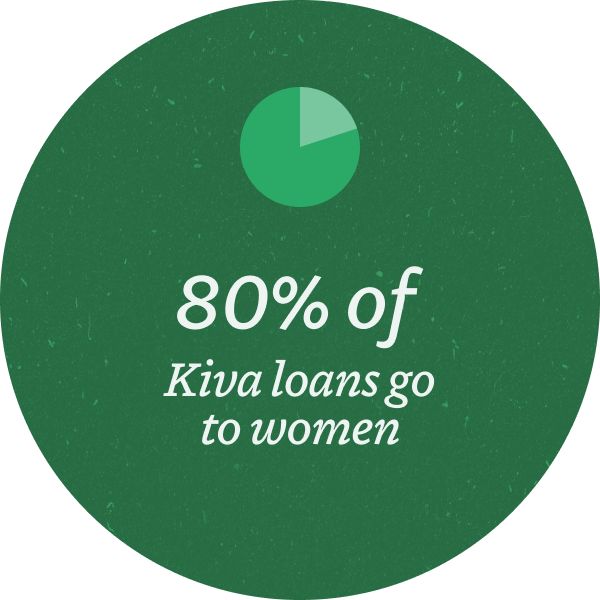
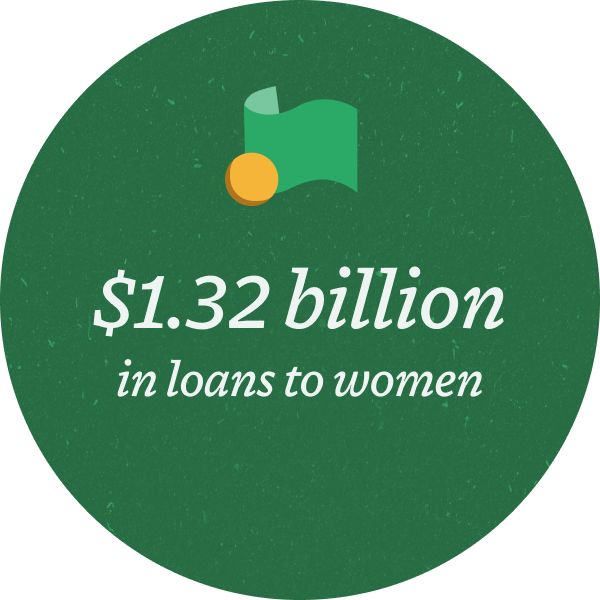
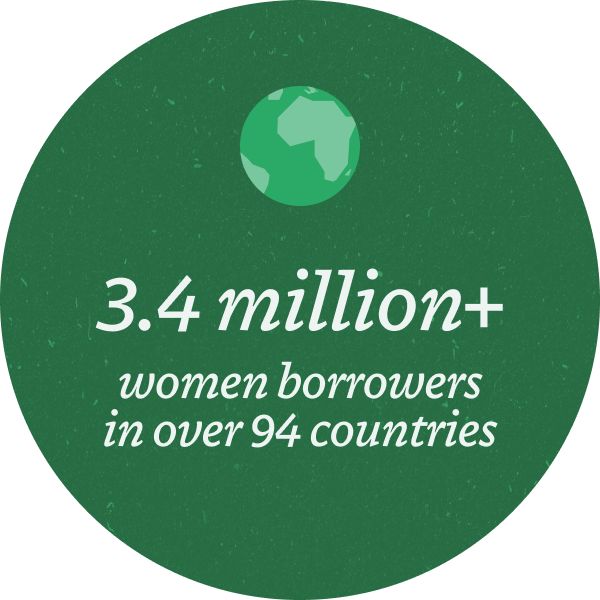
Research proves the positive impact of microfinance on gender equality.
Kiva conducted a study in partnership with the United Nations Economic and Social Commission for Asia and the Pacific (ESCAP), focused on post-COVID realities for women entrepreneurs in Fiji, Samoa, and Cambodia. Nearly every woman surveyed reported improvement in her life, household, and business ventures after receiving a Kiva loan. More than 70% of the women reported an increase in their business confidence, while 60% said they felt more confident making household decisions.
Read the report: Catalyzing Innovation for Women Entrepreneurs
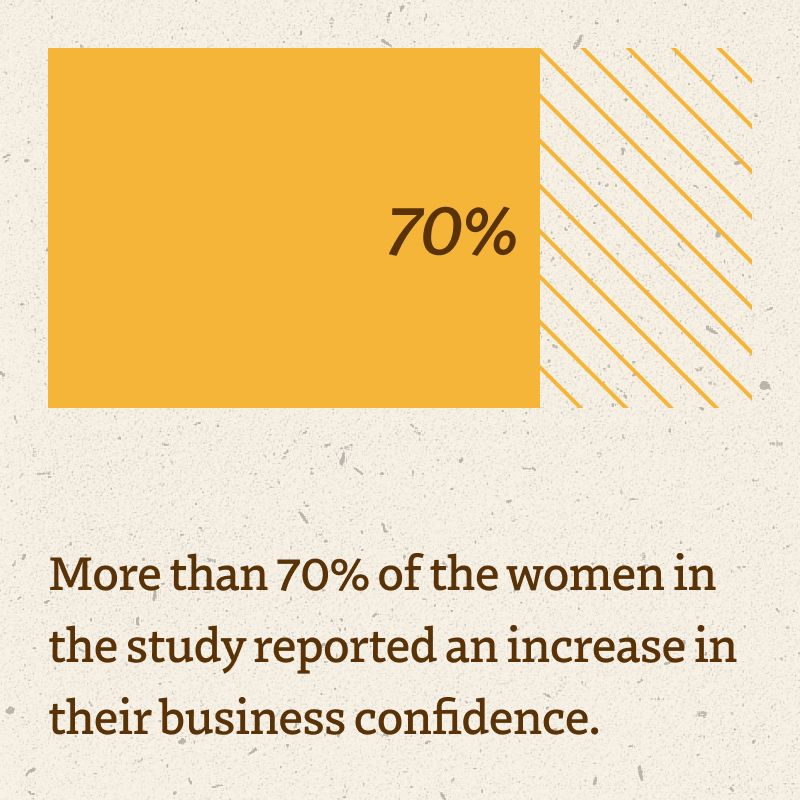
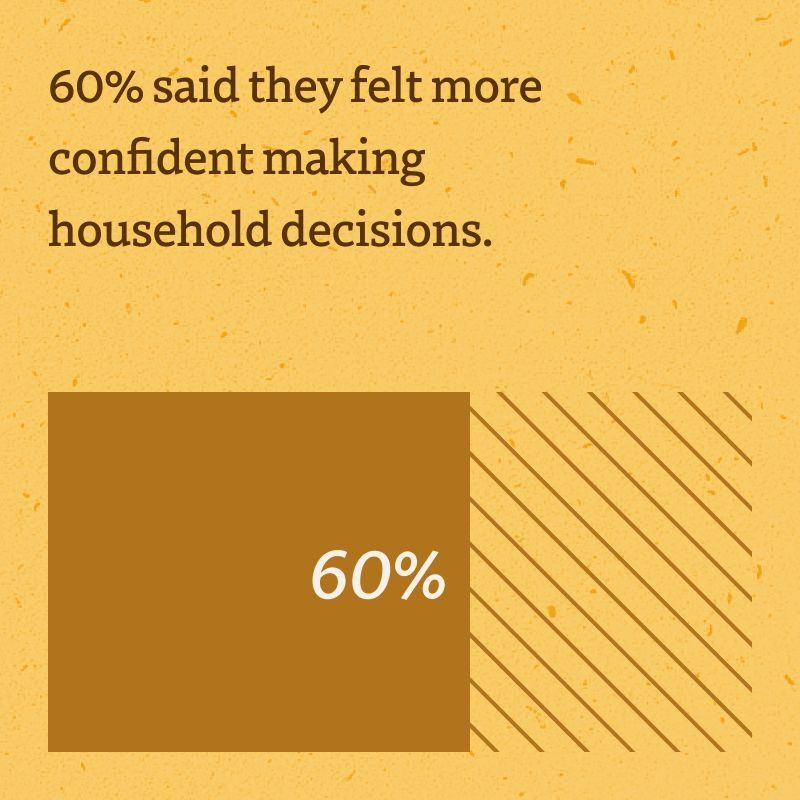
With access to financial resources, there’s no limit to what women can do.
Meet some of the women who used Kiva loans to change their lives, their communities, and the world.
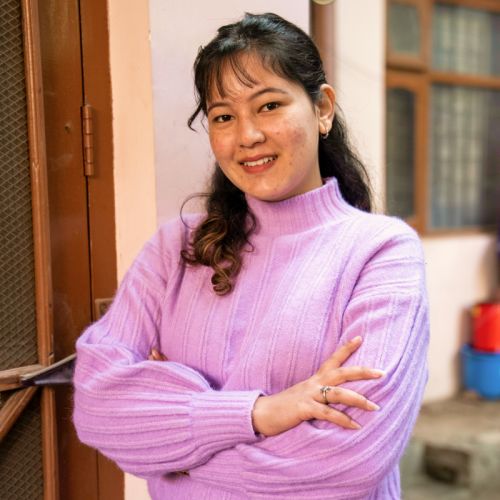
Breaking gendered social norms through higher education
“I realized it is not a lack of skills that holds many people back, but a lack of opportunity.”
In Nepal, it’s difficult for unmarried women to access financial services like education loans. But Kiran was able to fund her college degree, thanks to Kiva lenders who believed in her right to pursue higher education. Now she can acquire the skills and knowledge she needs to open her own restaurant to employ local women, and eventually invest in supporting her mother’s tea shop.
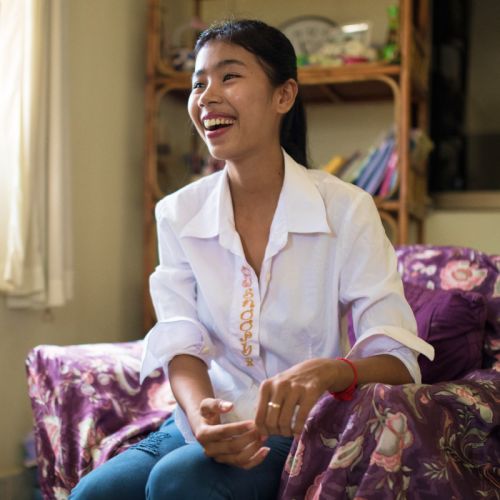
Becoming a leader for women’s rights in Cambodia
“Everyone has a dream of what they want to do, what they want to be. I've had my dream since I was young. If I didn't have support, I would not achieve, and I would not be who I am today.”
Phaerong dreamt of becoming a leader in the movement for gender equality, despite her community’s expectations that she get married and stay at home to take care of her family. Phaerong used a Kiva loan to cover living expenses at a university in Phnom Penh, while she also volunteered with a local organization for gender equality. Find out the exciting opportunities that came next for Phearong.
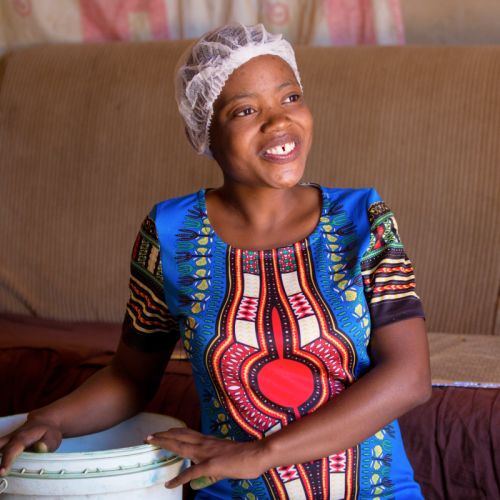
Building more than a business— a community of independent women
“I am independent… and if I am independent, I can do anything that I want at any time.”
As a growing entrepreneur, Lindiwe is investing in more than just homemade juice and soda. With a strong business acumen, and the support of 11 Kiva lenders, she’s already running three successful businesses in her community. But it’s pursuing her true passion — mentoring and training other local women — that drives her success. See how one woman's empowerment creates positive ripples throughout her community.
Meet some Kiva Lending Partners committed to supporting women and gender equity
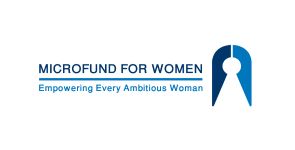
Microfund for Women
A nonprofit microfinance institution (MFI) that helps provide access to credit for marginalized women entrepreneurs in Jordan. More about Microfund for Women →
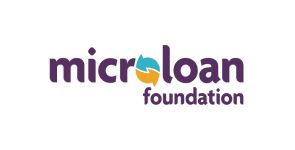
MicroLoan Foundation Malawi
An MFI in Malawi that works with women entrepreneurs and farmers, providing loans, training, and ongoing business support. More about MLF Malawi →
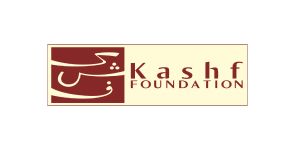
Kashf Foundation
One of the leading microfinance partners in Pakistan with a focus on alleviating poverty, especially in women-led households, serving over 2 million women to date. More about Kashf Foundation →
How you can support the movement for gender equality
Join the fight for gender equity and women’s economic empowerment by lending to women today.
Learn more about Kiva’s role in advancing gender equality and gender equity
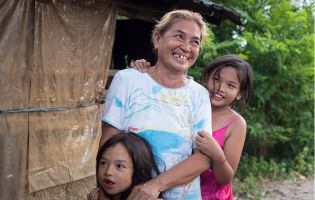
Why gender equality is so important
There is still a long way to go to achieve a world where women have access to the same opportunities as men. But first, let’s celebrate the progress that humanity has made towards leveling the field. Read more →
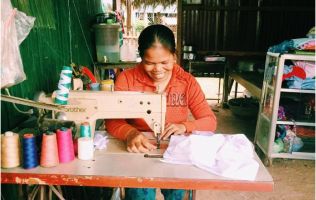
How microfinance providers can improve outcomes for women entrepreneurs
In addition to providing equitable access to financial resources, Kiva partners are tailoring their microlending practices to better support women’s needs through business coaching, flexible loans terms, and more. Read more →

6 successful women entrepreneurs: there’s no ‘small’ in small business
Entrepreneurship brings endless possibilities to communities and cities around the United States. These six women are achieving big things in the world of small business. Read more →